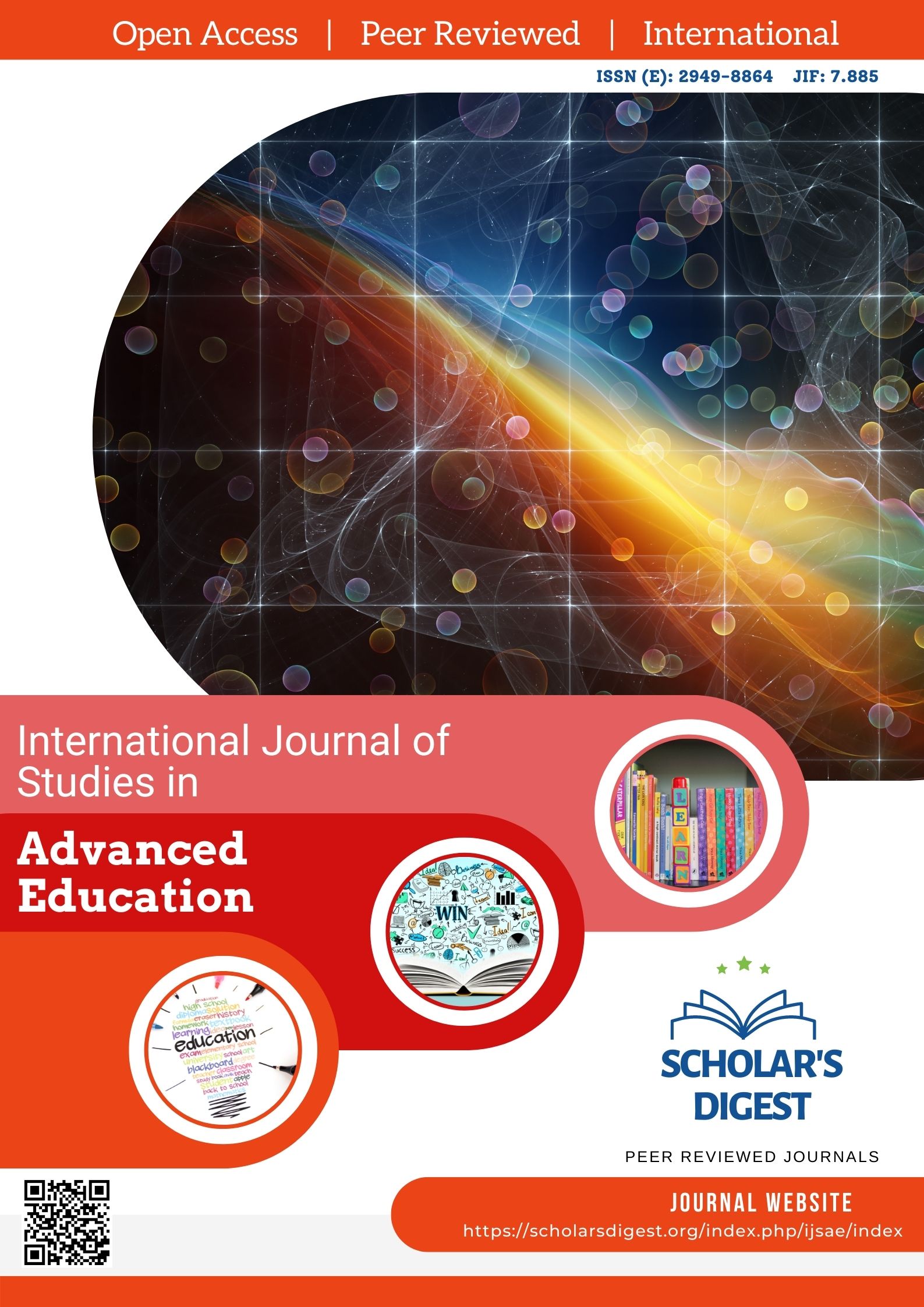21ST CENTURY SKILLS OF STUDENTS OF FACULTY OF BASIC EDUCATION AT THE UNIVERSITY OF MISAN
Keywords:
21st century skills, students of the Faculty of Basic Education, University of Misan.Abstract
The study aimed to identify the extent to which students of the Faculty of Basic Education at the University of Misan possess 21st century skills, and the sample of the study consisted of 80 students from all departments of the Faculty of Basic Education (40) students and (40) students, the researcher used the descriptive curriculum due to its suitability for this type of study, and the exploration also used a study tool, where the tool consisted of (40) A paragraph spread over three skills (learning and creativity skills, digital culture skills, life and occupation skills) honesty and stability, and has reached the persistence factor (0.91) A high persistence factor that meets the study's purposes, the researcher used several statistical methods to achieve the research objectives: The alpha-Crewe formula, percentage, repetitions, weighted medium, percentage weight, test (T) for two independent samples. The study found that 21st century skills were available at an intermediate level among students of the Faculty of Basic Education at the University of Misan, reaching the overall average of skills (2.28) and representing an average level. The average learning and creative skills (2.30), the students' average digital culture skills (2.26) and the average life and occupation skills (2.29) indicate that students of the Faculty of Basic Education have an average level of such skills. As for the ranking of fields, the field of learning and creative skills was ranked first, while the field of life and occupation skills was ranked second, and the field of digital culture skills was ranked third. The study also recommended the need to disseminate a culture of skills for the twenty-first century in the educational system and to raise students' awareness of the importance of acquiring skills for the twenty-first century to be successful in their careers. The study also suggested that studies similar to the current study should be conducted with other variables such as the scientific-literary specialization variable and the school phase variable (I-III).
Downloads
Published
Issue
Section
License

This work is licensed under a Creative Commons Attribution-NonCommercial 4.0 International License.








